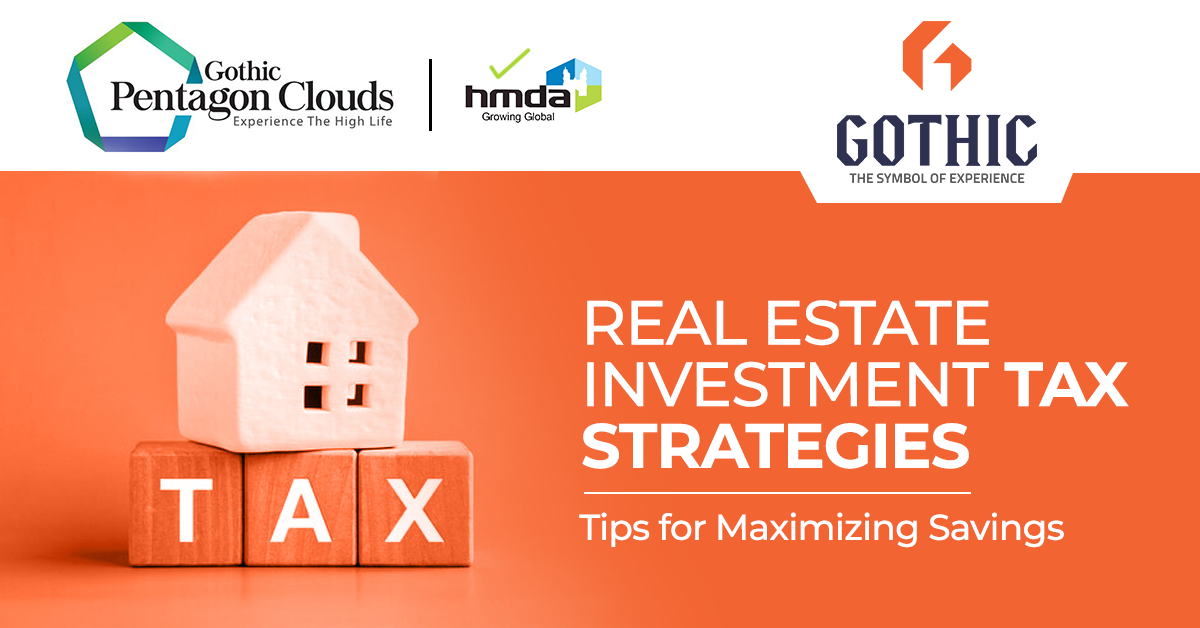Unlock the Secrets to Saving Big on Your Taxes with Real Estate Investing

As a savvy investor, you’re always on the lookout for ways to maximize your returns while minimizing your expenses. When it comes to real estate investing, one of the most significant advantages is the array of tax benefits that can help you save big. In this article, we’ll delve into the top tax benefits of real estate investing, so you can keep more of your hard-earned money and fuel your financial growth.
Deductions, Deductions, and More Deductions
One of the most significant tax benefits of real estate investing is the ability to deduct a wide range of expenses on your tax return. From mortgage interest to property taxes, insurance, and maintenance costs, the list of deductible expenses is lengthy. By deducting these costs, you can significantly reduce your taxable income, which in turn reduces the amount of taxes you owe.
Here are some of the most common deductible expenses for real estate investors:
- Mortgage interest: One of the biggest tax deductions for real estate investors, mortgage interest can be deducted on your primary residence and investment properties.
- Property taxes: You can deduct property taxes on your primary residence and investment properties, which can be a significant expense.
- Insurance premiums: Whether you’re paying for homeowners insurance or liability insurance, these premiums are deductible expenses.
- Maintenance and repairs: From fixing leaky faucets to replacing broken appliances, maintenance and repairs are deductible expenses that can add up quickly.
- Home office expenses: If you work from home, you can deduct a portion of your mortgage interest, property taxes, and insurance premiums as business expenses.
Depreciation: The Gift that Keeps on Giving
Another significant tax benefit of real estate investing is depreciation. Depreciation is the decrease in value of a property over time, and it can be used to offset your taxable income. By depreciating your property, you can reduce your tax liability and keep more of your rental income.
Here’s how depreciation works:
- When you purchase a property, you can depreciate the value of the building and any improvements over a set period, typically 27.5 years for residential properties and 39 years for commercial properties.
- Each year, you can take a depreciation deduction on your tax return, which can be used to offset your taxable income.
- By depreciating your property, you can significantly reduce your tax liability and keep more of your rental income.
Capital Gains Exemption: A Game-Changer for Real Estate Investors
If you’re planning to sell your primary residence or investment property, the capital gains exemption can be a game-changer. This exemption allows you to exclude a portion of your capital gains from your taxable income, which can save you thousands of dollars in taxes.
Here’s how the capital gains exemption works:
- If you sell your primary residence, you can exclude up to $250,000 in capital gains from your taxable income ($500,000 for married couples).
- If you sell an investment property, you can use the 1031 exchange rule to defer your capital gains tax.
- By using the capital gains exemption or 1031 exchange rule, you can save thousands of dollars in taxes and keep more of your hard-earned money.
Passive Income Tax Benefits: The Ultimate Perk
One of the best perks of real estate investing is the passive income tax benefits. By generating passive income through rental properties, you can offset your tax liability and keep more of your hard-earned money.





